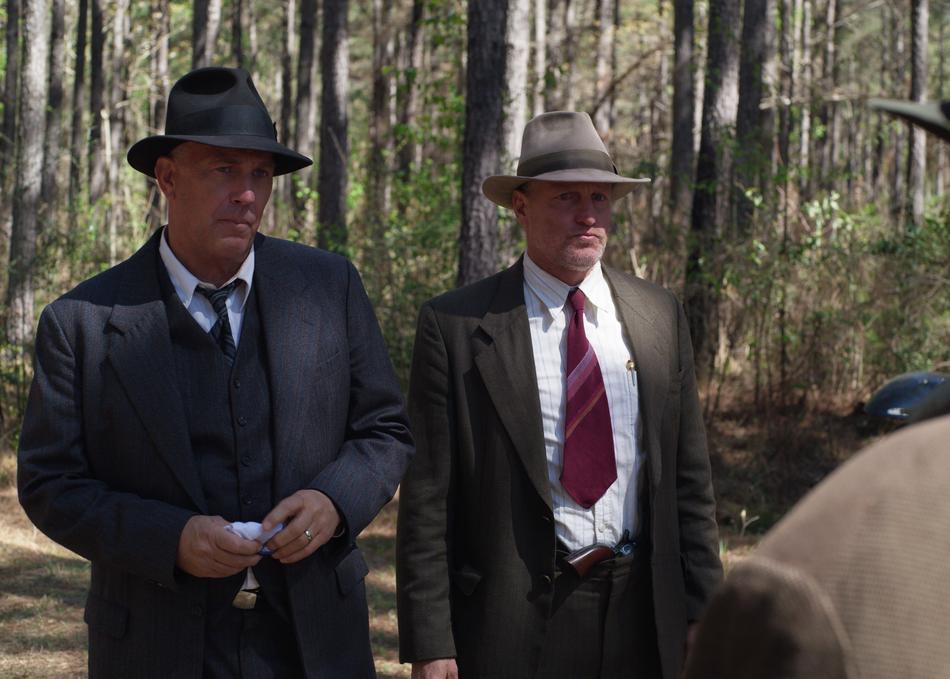When the movie “Bonnie and Clyde,” starring Warren Beatty and Faye Dunaway came out in 1968, the timing could not have been more perfect for a film dedicated on challenging the status quo. It was the height of the 1960s tumult, where social conventions were being turned upside down and a new generation of filmmakers were staking their claim to be heirs of public taste commissars. And the movie-going public ate it up.
This film version of the story of Bonnie and Clyde was a mega hit that spurred on fashion trends and music and succeeded in turning 1930s criminals into 1960s icons of rebellious anti-heroes. Hollywood would not be the same. Yes, there had been many stories about notorious “bad guys” who had been portrayed as either sympathetic or misunderstood crusaders. But this was one of the first movies where the title characters, portrayed by Beatty and Dunaway, were just a pair of good-looking young people living life by their own standards and refusing to be constrained by outdated modes of conduct.
That 1960s sentiment is exactly what makes the 2019 Netflix original movie “The Highwaymen” so “original.” Its two protagonists, two men who really existed, like Bonnie and Clyde, are two men with very clear notions of right and wrong. Frank Hamer and Maney Gault were former Texas Rangers living in virtual oblivion in 1934 Texas, where this story begins. They are men out of time, even in the Depression era South, but they were the men the state of Texas turned to with the expressed purpose of stopping the killing spree of Bonnie and Clyde in any fashion they deemed fit.
They were hard men, men who had killed. Woody Harrelson’s Maney Gault is haunted by his bloody past and seeks refuge in a bottle. Kevin Costner’s Frank Hamer isn’t haunted but only because he seems to hold those feelings at bay by an act of extreme will. Costner embodies a man of 1934 — in the way he dresses, in the way he moves, even in the way he smokes a cigarette. In a similar way, Harrelson’s Maney Gault looks like he just stepped off the pages of a 1930s Life magazine photo spread, even if he has fallen quite a way from his glory days as a Texas Ranger and lives the life of a doting grandfather when first we meet him.
What both men understand and what the more famous Bonnie and Clyde film of 1968 refused to admit is that, despite all the gray areas in life, objective truth exists, and regardless of what Bonnie and Clyde’s motivation might have been, their killing spree needed to come to an end.
The film does make a bold statement, especially by 2019 standards, of what it thinks of Bonnie and Clyde. It does this by only briefly showing their faces, deciding instead to focus on the human carnage they leave behind everywhere they travel in this film, as if the angel of death had a girlfriend. There is nothing romantic or “cool” about Bonnie and Clyde’s ability to murder without discrimination.
American popular culture, as embodied by films and television, has a lot to answer for in the department of rewriting history and seeking to glorify things that should be shunned. It has done this with gangsters, with outlaws, and other miscreants. The Pirates of the Caribbean movie series has turned the historically factual subculture of bloodthirsty pirates into lovable scamps. Not a sentiment one probably would have felt if they encountered real-life 17th century privateers and found themselves on the wrong end of their plank.
“The Highwaymen” is not going to begin a renaissance of good guys versus bad guys movies where the good guys always win. For one thing, that would get boring and for another, our popular culture is far more invested in seeing men and women who are divested from the “trappings” of convention.
“The Highwaymen” is a good movie, but it won’t likely change things. Bonnie and Clyde are a lot more famous than the two Texas rangers who stopped them will ever be. “The Highwaymen” makes this point especially clear in detailing how many thousands of people attended the separate funerals of the dead outlaws. The Bonnie and Clyde myth exploded after their deaths and the real-life heroes who stopped them dried up and blew away. “The Highwaymen” does a great job of telling this story and for one moment, the truth will out.
Robert Brennan is a weekly columnist for Angelus online and in print. He has written for many Catholic publications, including National Catholic Register and Our Sunday Visitor. He spent 25 years as a television writer, and is currently the Director of Communications for the Salvation Army California South Division.
Start your day with Always Forward, our award-winning e-newsletter. Get this smart, handpicked selection of the day’s top news, analysis, and opinion, delivered to your inbox. Sign up absolutely free today!

